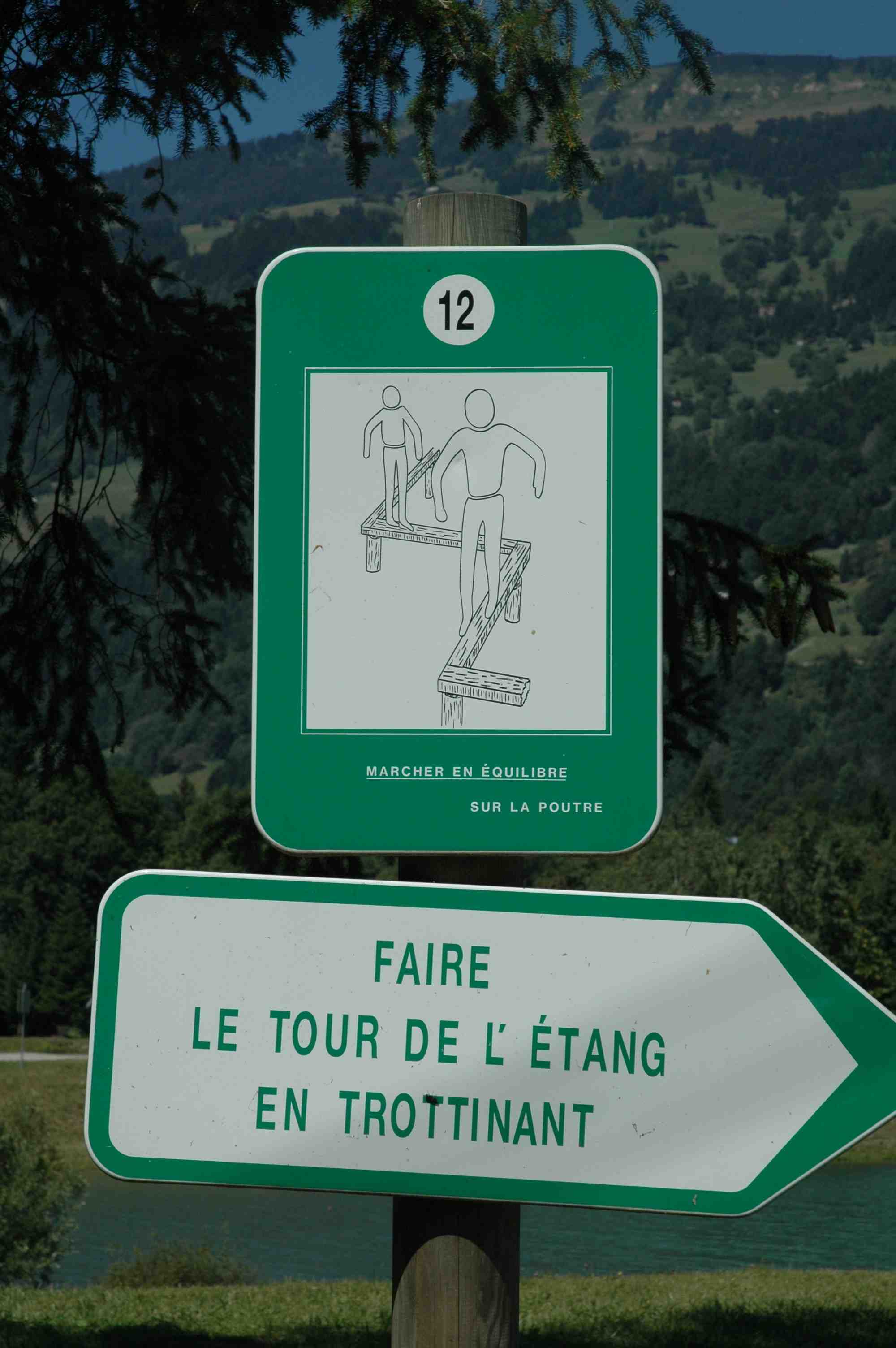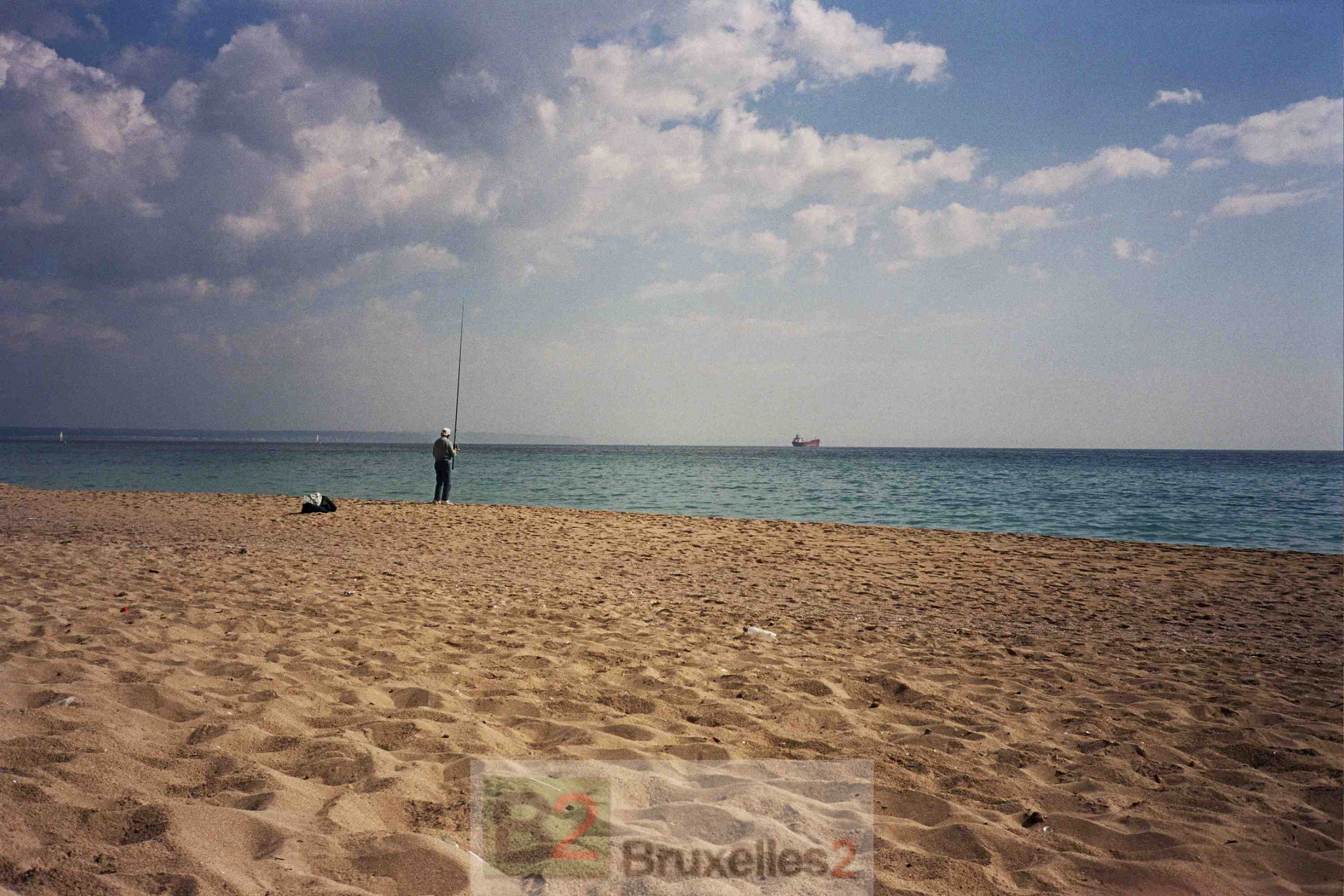An appointment process from another age
(BRUSSELS2) Several European women (deputies, commissioners) claim that the Europe of tomorrow is not only male and that one (or two) women can figure in the top three. A just claim. But I will say a fair bit. The problem is not, in fact, to have one or two women among the leaders of Europe or with portfolios at the European Commission, in full view. Let us note in passing that this Europe, which wants to display the principle of non-discrimination loud and clear, has no man or woman of immigrant origin (even by taking very broadly and descending to the level of general managers or deputy general managers, I do not know not if more than one can be found). It's a question of process and procedure that seems undemocratic to me, but above all from another age.
A question of legitimacy
In an article that I published today in Ouest-France, Sylvie Goulard, MEP (Modem), and president of the European movement, explains it very well: We are moving from diplomacy to democracy, from a system where shadow games reigned supreme, where there were no candidates, and where it was above all a question of not losing face to those who was not retained -. And we try to put democracy in it. It is not easy, the rulers do not let go. Evolution is necessary. It is a question of legitimacy. Beyond women and representatives of minorities, it is therefore the entire appointment process that needs to be reviewed. And for that, there is no need to modify the treaty, but to modify the practice. Sylvie Goulard suggests: “ a debate, televised why not, and that each candidate sends a letter to expose his visions ". For my part, I would say: it is not enough. We must go further.
Keep the procedure, change the process
Member States should not propose a single candidate for the post of Commissioner. But at least two, a man, a woman. And at the end of a debate before the democratic representation, the European Parliament, the choice would be made, by those who govern, as mentioned in the Treaty, with the consent of the President of the European Commission. The mode of designation would thus remain in the hands of the rulers, formally. But they wouldn't be as free as they are today. After the hearings, there would be public pressure and political opinions that could be expressed. It is at this price that European democracy will be able to progress.

